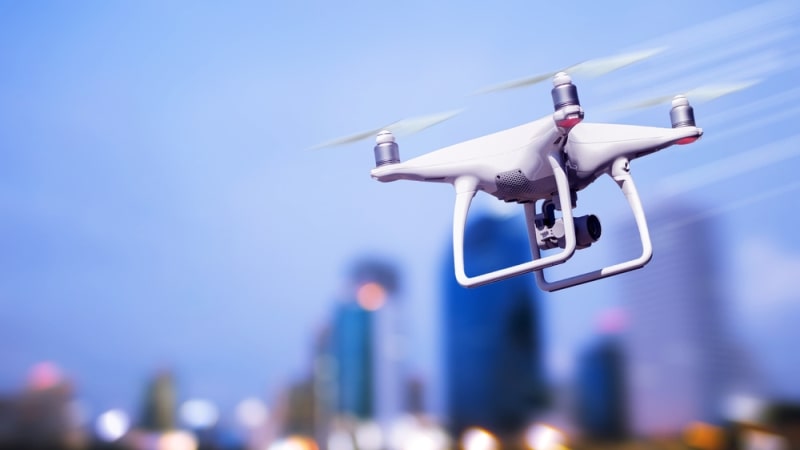
President Donald Trump’s nominee to head the National Counterintelligence and Security Center (NCSC) is sounding the alarm on drones and non-traditional intelligence tactics as the most urgent – and most overlooked – threats to the U.S. intelligence community.
During his confirmation hearing on June 25 before the Senate Intelligence Committee, George Wesley Street pointed to a disturbing rise in foreign intelligence efforts that rely on seemingly legal and often undetected activities – especially the use of unmanned aerial systems (UAS) and covert collection by non-traditional actors.
“Unmanned vehicles pose new risks which we are not well postured to address,” Street said. The use of drones, while not always a criminal activity, remain difficult to prosecute and represent real vulnerabilities, he said.
If confirmed, Street pledged to shift NCSC’s focus to address these unconventional threats and lead a legally sound, whole-of-government response.
He stressed that the NCSC must become a facilitator, bridging vulnerable sectors with the appropriate agencies to counter these threats, especially as adversaries turn to more non-traditional means of intelligence gathering.
“Our adversaries do not limit themselves to traditional means … They have evolved nontraditional collection methods,” Street said. He added that the U.S. has been slow to adapt to these evolving techniques, and that puts at risks advantages the U.S. has with “emerging technologies such as artificial intelligence and quantum computing.”
Street described how adversaries, especially China, are quietly collecting sensitive U.S. technology and research from sectors like biotech, academia, agriculture, and private industry – areas not traditionally seen as espionage targets, but that are now high-value areas of exploitation.
“The NCSC must evolve and adapt,” he concluded, “to effectively lead the U.S. whole-of-nation counterintelligence fight.”
